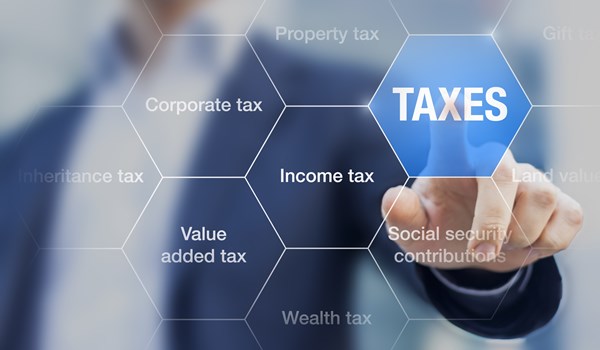Jurisdictions
Regions
Industry Sectors
14/08/20
CAYMAN ISLANDS: COVID-19 recession could lead to tax.

As published on caymannewsservice.com, Thursday 13 August, 2020.
(CNS): Finance Minister Roy McTaggart has said that if the country runs out of reserves before the tourism sector and the world economy recovers, government may have to consider taxation. Though reluctant to use the word, he said that given the current situation with the COVID-19 pandemic, things could get very tough for the public purse, with an early warning already coming from the latest financial results.
Speaking ahead of Friday’s Chamber of Commerce Economic Forum, which will be held online this year, where McTaggart will be delivering an update on the Cayman Islands’ public finances, he told CIGTV’s Donna Bush that government does have reserves but they won’t last forever.
Pointing to the latest unaudited accounts for the first six months of this year, the minister said they “tell a story that is not very pretty”, which is what he will say at the forum. However, he does not expect anyone to be surprised by that. He said that he will be presenting the forecasts for the contraction of the economy and Cayman’s financial position by end of the year.
“This really concerns everybody, as, yes, we do have reserves, but they only go so far,” he warned, adding that government may have to start making tough decisions about supporting the system and the people.
While government has done quite a bit to provide support to the unemployed thus far, as reserves are depleted things could soon change, McTaggart said.
“We could start to run out of funding,” he said. “I hope we never get there because the types of decisions you need to make are much tougher to make in terms of do we need to introduce taxation… and I hate to use the word… but if the world economy doesn’t get going and we can’t reopen the tourism sector of the economy, what’s next?” the minister asked. “The reserves that we have right now will only last us so long.”
The unaudited financial report for the first six months of 2020 show that on 30 June government had more than $500 million in the bank. But this surplus at the end of the first half of the year was due to the first three months when the economy was still riding high. The first quarter is also the period when government collects almost all of its fees from the financial services.
According to the report, in the three months from 1 April to 30 June government’s coercive revenues alone were down almost 35% compared to the second quarter 2019. As a result, the minister is no longer expecting to meet his targeted budget surplus but rahter a significant year-end deficit.
In June the government put out a tender for a financial institution to supply it with “a standby line of credit in the amount of CI$500,000,000 to address the government’s potential needs as a result of the possible loss of revenue and increased expenditure related to COVID-19”.
If this line of credit, which would in effect be a giant overdraft in the first instance rather than a loan, has been used before the expiration period, then the balance would be converted into a 15-year fixed rate amortising loan. The contract has not yet been awarded.



